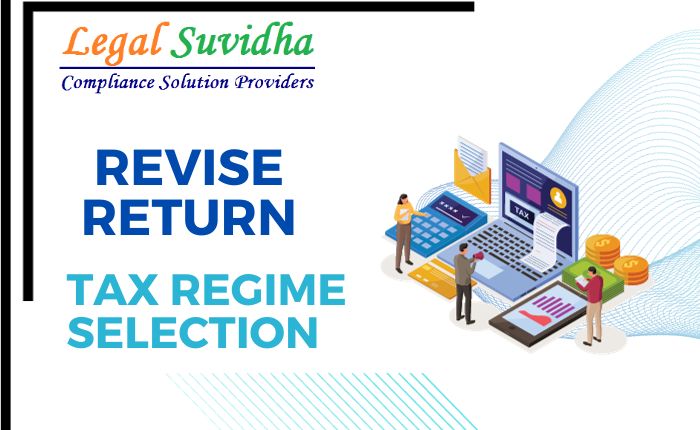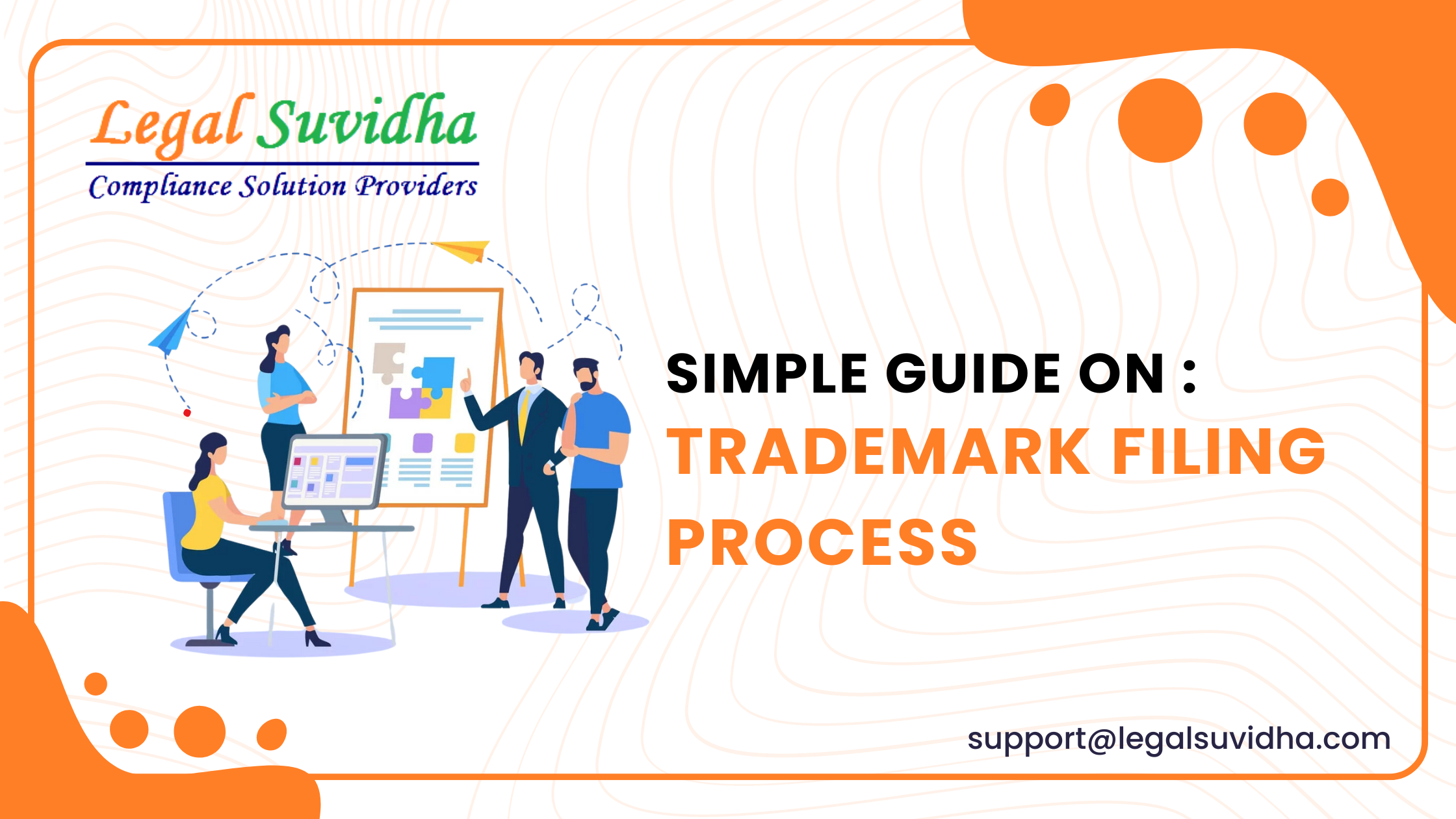Tax season is like a big puzzle with lots of rules. If you work in India and pay taxes, you might have heard about the New Tax Regime, which has made things a bit more complicated. In this article, we’ll break down the important things you need to know when you have to choose between the old vs New Tax Regime, and how it affects your tax return.
1. Choosing Your Tax Regime
When you first submit your tax return under section 139(1), you have to make a crucial choice between the old vs new tax regime. This decision is really important because it affects how much tax you have to pay and what deductions you can claim.
Old Tax Regime: If you choose this, you can claim different deductions and exemptions, like House Rent Allowance, standard deduction, and deductions under sections 80C, 80D, 80G, and more. These deductions help reduce the amount of money you’re taxed on, which means you might pay less in taxes.
New Tax Regime: The New Tax Regime has lower tax rates, but it doesn’t let you claim most deductions and exemptions. So, you’ll pay taxes at a lower rate on your income, but you won’t get to use many of the tax-saving deductions that the Old Tax Regime allows.
2. Changing Your Mind About Your Tax Regime
Here’s where it gets interesting. If you initially picked the Old Tax Regime when you filed your tax return, you can’t switch to the New Tax Regime when you revise your return for that Assessment Year. And if you started with the New Tax Regime in your first return, you can’t go back to the Old Tax Regime for that Assessment Year when you make changes. Explore the limitations and considerations of the old vs new tax regime when amending your returns.
3. Sticking with Your First Choice
It’s crucial to stick with the Tax Regime you selected initially, whether it’s the old vs. new tax regime when you first filed your return. You can’t change it when you revise your return. The tax department will process your return based on the regime you chose in the beginning. There won’t be any chances to change it later on.
4. Keeping It Simple
Streamlining Your Tax Regime Selection: Old vs. New Tax Regime – Simplify your tax decisions by choosing the right regime from the start. To make things easy, it’s best to keep things simple. Choose the Tax Regime that matches your financial situation and goals when you file your first return and stick with it when you revise. You don’t need to fill out extra forms to change your regime in ITR 1 & 2 forms. Your return will be handled automatically based on your first choice, and you won’t be able to change your regime when you make revisions.
5. Understanding the Tax Slabs
In both the Old vs New Tax Regime, it’s essential to grasp the tax slabs or brackets that determine how much tax you owe based on your income. The Old Tax Regime has different tax slabs with varying rates, while the New Tax Regime offers lower, fixed tax rates for different income ranges. Understanding these slabs can help you make an informed decision about which regime is more favorable for your financial situation.
6. Long-term vs. Short-term Considerations
When choosing between the Old vs New Tax Regime, consider your long-term and short-term financial goals. The Old Tax Regime might provide more immediate tax savings through deductions, while the New Tax Regime could result in lower tax rates over the long run. Assess how each regime aligns with your financial plans and objectives.
7. Retirement and Investment Planning
Your choice of tax regime can also impact your retirement and investment planning. The Old Tax Regime’s deductions can be beneficial if you want to invest in tax-saving instruments like provident funds and insurance policies. On the other hand, the New Tax Regime might be preferable if you have alternative investment strategies that don’t rely heavily on tax deductions.
8. Tax Return Filing Process
Understanding the tax return filing process is crucial. Whether you choose the Old vs New Tax Regime, you must accurately report your income, deductions, and investments in your tax return. Staying organized and keeping track of your financial documents is key to a smooth tax filing experience.
9. Seek Professional Advice
If navigating the complexities of old vs. new tax regimes leaves you feeling uncertain, don’t hesitate to consult with a tax expert or financial advisor. They’ll give you advice tailored to your money situation, so you can pick the right option and save the most on taxes.
10. Staying Informed
Tax laws and regulations can change, so it’s essential to stay informed about any updates or amendments that may impact your tax regime choice. Regularly check for updates from the tax authorities or seek guidance from trusted sources to ensure you’re making the most advantageous decisions regarding your taxes.
In summary, picking between the Old vs New Tax Regime means thinking carefully about your deductions and exemptions. Once you’ve made your choice and filed your first return under section 139(1), you have to stick with it when you revise your return for that Assessment Year. The tax department will process your return according to the regime you initially picked, and you won’t be able to switch later on. So, when it comes to your tax regime, keeping things simple and consistent is the way to go.
If You have any queries then connect with us at [email protected] or [email protected] & Contact us & stay updated with our latest blogs & articles









